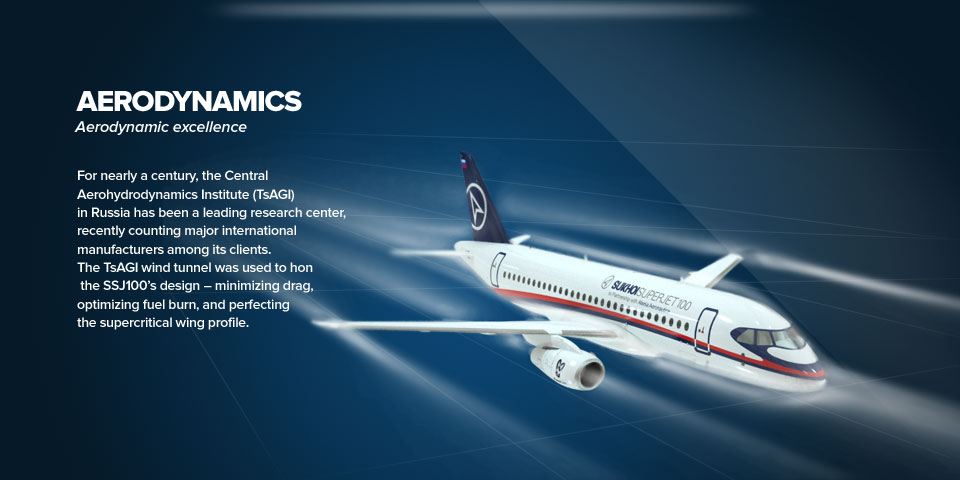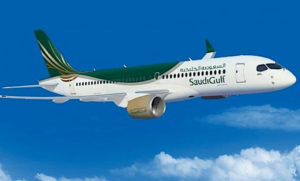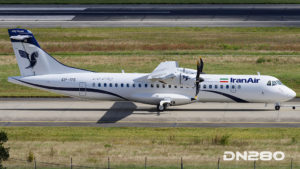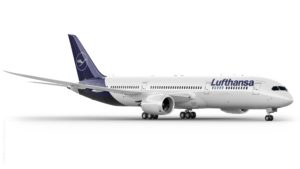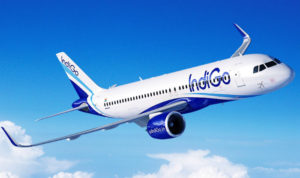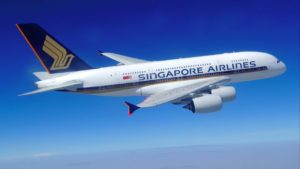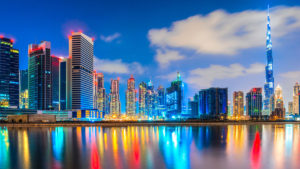DUBAI/BEIJING, Jan 2 (Reuters) – Qatar Airways has acquired a 5 percent stake in China Southern Airlines, the state-owned Gulf carrier said on Wednesday, in a move to gain access to the fast-growing mainland Chinese market.
Qatar Airways also owns a 20 percent stake in British Airways-parent International Consolidated Airlines Group, 10 percent of South America’s LATAM Airlines Group SA , 49 percent of Italy’s Meridiana and 9.99 percent stake in Hong Kong’s Cathay Pacific.
Qatar’s flagship airline has sought new partners and routes after it was blocked last year from flying to the lucrative markets of Saudi Arabia and the United Arab Emirates because of restrictions imposed by those countries.
Saudi Arabia, UAE, Bahrain and Egypt, imposed a political and economic boycott on Qatar since June 2017, accusing it of supporting terrorism, which Doha denies.
China Southern in a separate statement said Qatar Airways may consider increasing its stake in the airline in the next 12 months. Qatar had no previous investment in the Chinese airline.
Qatar Airways is the second foreign carrier that has a stake in China Southern, after American Airlines. The Chinese carrier left the Skyteam airline alliance at the start of the year.
There are opportunities for “us to work together and build a long term relationship in ways that would bring benefits to customers of both airlines,” said Qatar Airways’ Chief Executive Akbar al-Baker.
Ajith K, director of Asia transport at UOB Kay Hian, said given that China Southern is the biggest competitor of Cathay Pacific in Greater China, this deal could strengthen the China Southern’s position at the Hong-Kong carrier’s expense. “Why Qatar is doing this, seems to me, one of course is to gain access to the Chinese market. Secondly it’s probably that they are hedging against their bet given they own almost 10 percent in Cathay Pacific.”
(Reporting by Asma Alsharif and Saeed Azhar in Dubai and Stella Qiu in Beijing; editing by Louise Heavens)
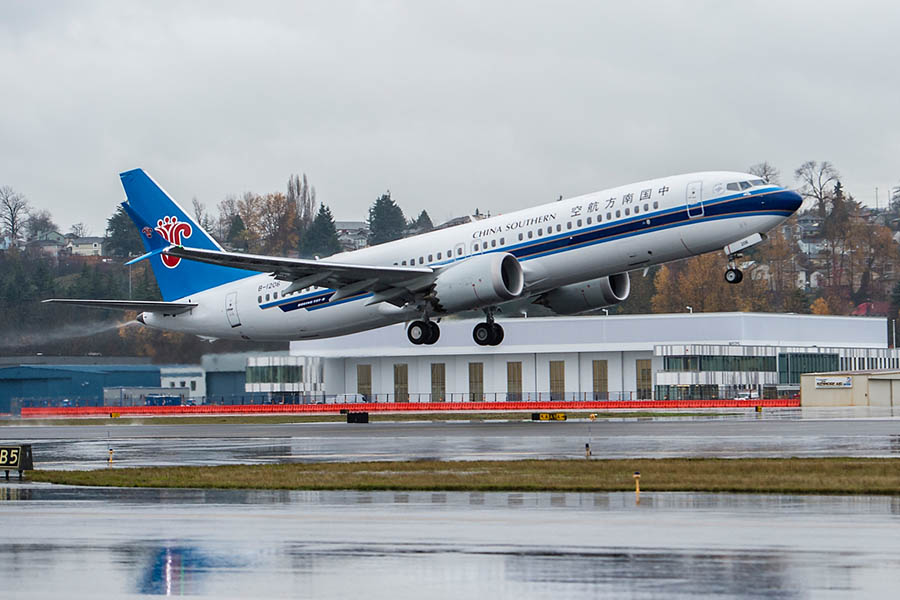
Image from http://www.boeing.com

